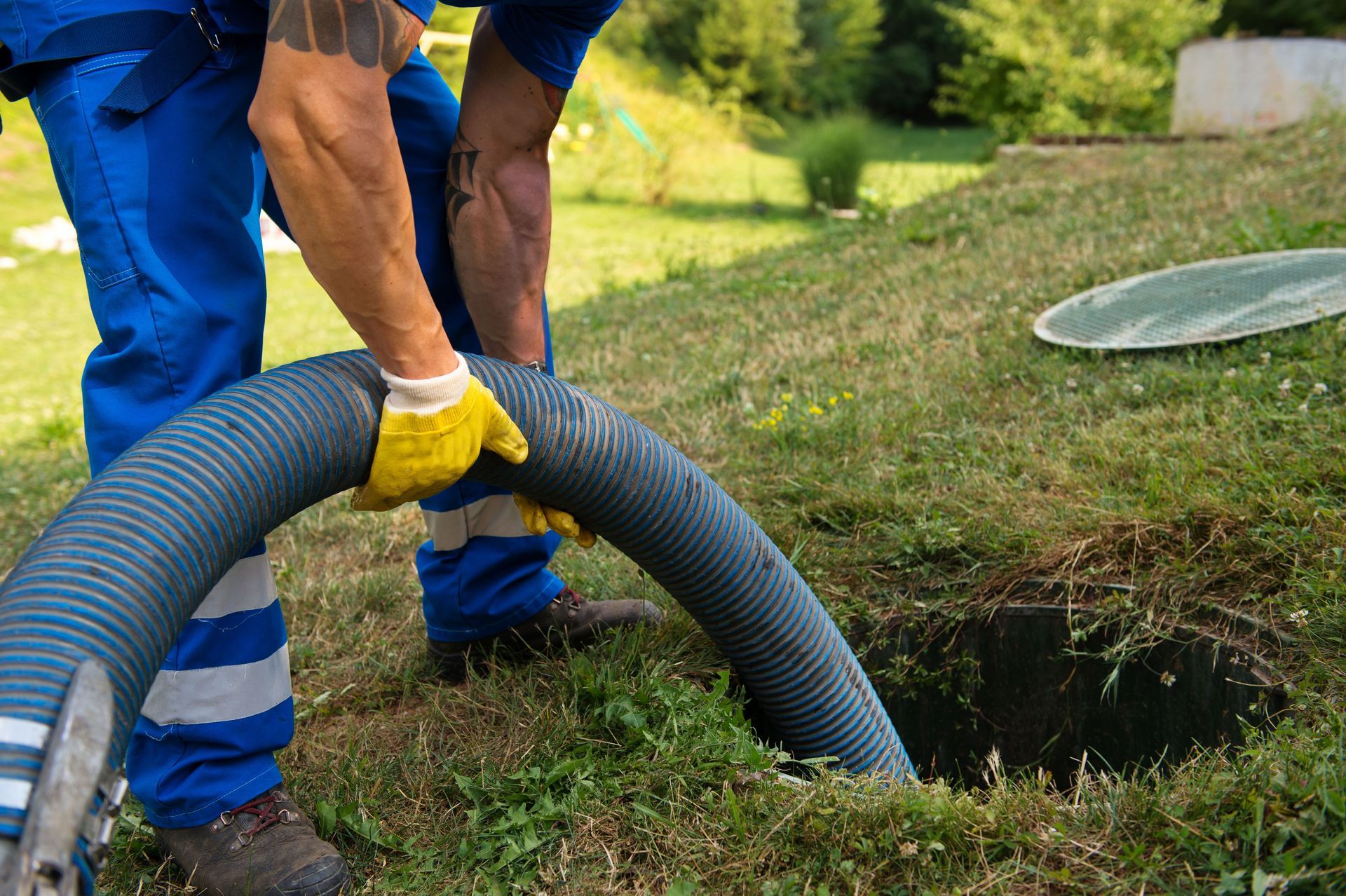4 Types of Septic Tanks to Consider for Your Property
Choosing the right septic system is essential for protecting your property and ensuring reliable waste management. Each type of system functions differently, depending on the layout of your land, soil conditions, and usage requirements. From gravity flow designs to advanced aerobic units, homeowners have several options tailored to their property's needs. With regular maintenance—such as using a professional septic pumping service—you can help extend the life and performance of your system. Below, we break down four common types of septic systems and their key features.
1. Conventional Gravity Flow Septic System
This is one of the most traditional systems used in residential properties. Wastewater flows from the home into the septic tank and then through a network of perforated pipes into the drain field, all powered by gravity. It's best suited for properties with suitable soil and proper slope. Homeowners who opt for this system should schedule periodic inspections and septic services to avoid backups and system overload.
2. Conventional Pump Septic System
When gravity alone isn't enough to move wastewater to the drain field—usually due to land elevation—a pump system becomes necessary. This system includes a pump chamber that forces treated wastewater out of the tank. It offers a flexible solution for properties with challenging terrain but requires routine care and pumping to keep everything running smoothly.
3. Aerobic Spray Septic System
Aerobic systems treat wastewater using oxygen, producing cleaner effluent than traditional systems. The treated water is then sprayed onto the lawn through sprinkler heads. These systems are ideal for properties with limited soil absorption or close proximity to water sources. Since they rely on multiple components and electricity, a regular septic pumping service is crucial to ensure optimal performance and prevent system failure.
4. Aerobic Drip Irrigation System
Similar to spray systems, this option delivers highly treated wastewater, but through underground drip lines instead of surface spraying. This method is excellent for landscaping purposes and helps minimize surface water exposure. It's a good fit for smaller lots or areas with tight space constraints, though it does require careful maintenance and inspections.
Proper installation and routine maintenance are essential for any septic system. With the right care, septic tanks can last up to 30 years, according to Bob Vila. Regular septic pumping service not only extends the life of your system but also protects your investment and keeps your property safe.
Call Spanky's Septic Service today to learn more about septic system options or to schedule your next service appointment.


Share On: